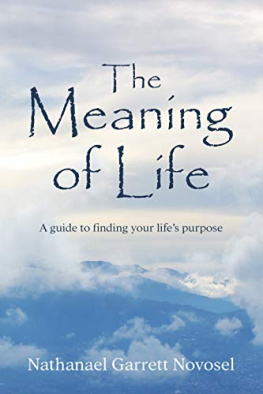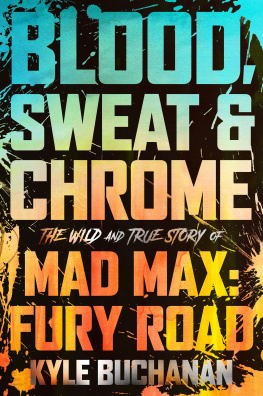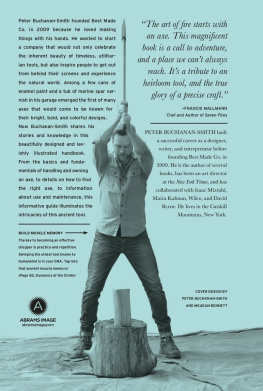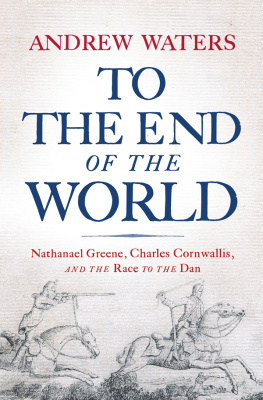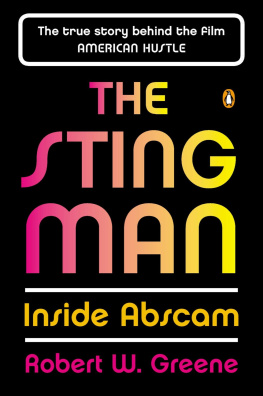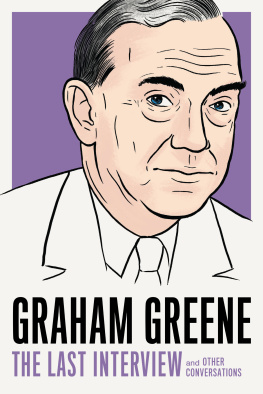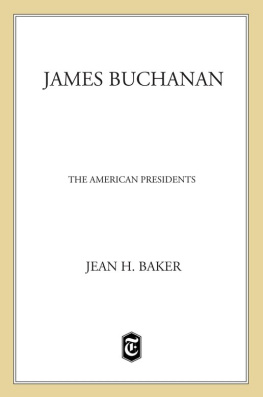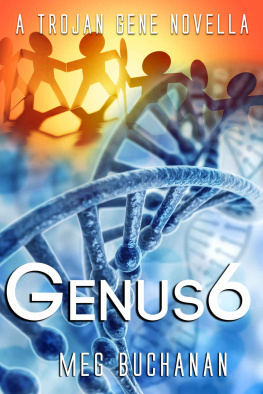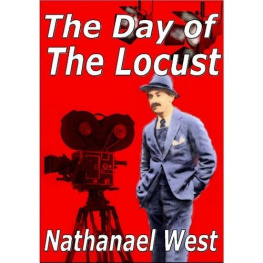john Buchanan - The Road to Charleston: Nathanael Greene and the American Revolution
Here you can read online john Buchanan - The Road to Charleston: Nathanael Greene and the American Revolution full text of the book (entire story) in english for free. Download pdf and epub, get meaning, cover and reviews about this ebook. year: 2019, publisher: University of Virginia Press, genre: History. Description of the work, (preface) as well as reviews are available. Best literature library LitArk.com created for fans of good reading and offers a wide selection of genres:
Romance novel
Science fiction
Adventure
Detective
Science
History
Home and family
Prose
Art
Politics
Computer
Non-fiction
Religion
Business
Children
Humor
Choose a favorite category and find really read worthwhile books. Enjoy immersion in the world of imagination, feel the emotions of the characters or learn something new for yourself, make an fascinating discovery.

- Book:The Road to Charleston: Nathanael Greene and the American Revolution
- Author:
- Publisher:University of Virginia Press
- Genre:
- Year:2019
- Rating:4 / 5
- Favourites:Add to favourites
- Your mark:
- 80
- 1
- 2
- 3
- 4
- 5
The Road to Charleston: Nathanael Greene and the American Revolution: summary, description and annotation
We offer to read an annotation, description, summary or preface (depends on what the author of the book "The Road to Charleston: Nathanael Greene and the American Revolution" wrote himself). If you haven't found the necessary information about the book — write in the comments, we will try to find it.
The Road to Charleston: Nathanael Greene and the American Revolution — read online for free the complete book (whole text) full work
Below is the text of the book, divided by pages. System saving the place of the last page read, allows you to conveniently read the book "The Road to Charleston: Nathanael Greene and the American Revolution" online for free, without having to search again every time where you left off. Put a bookmark, and you can go to the page where you finished reading at any time.
Font size:
Interval:
Bookmark:
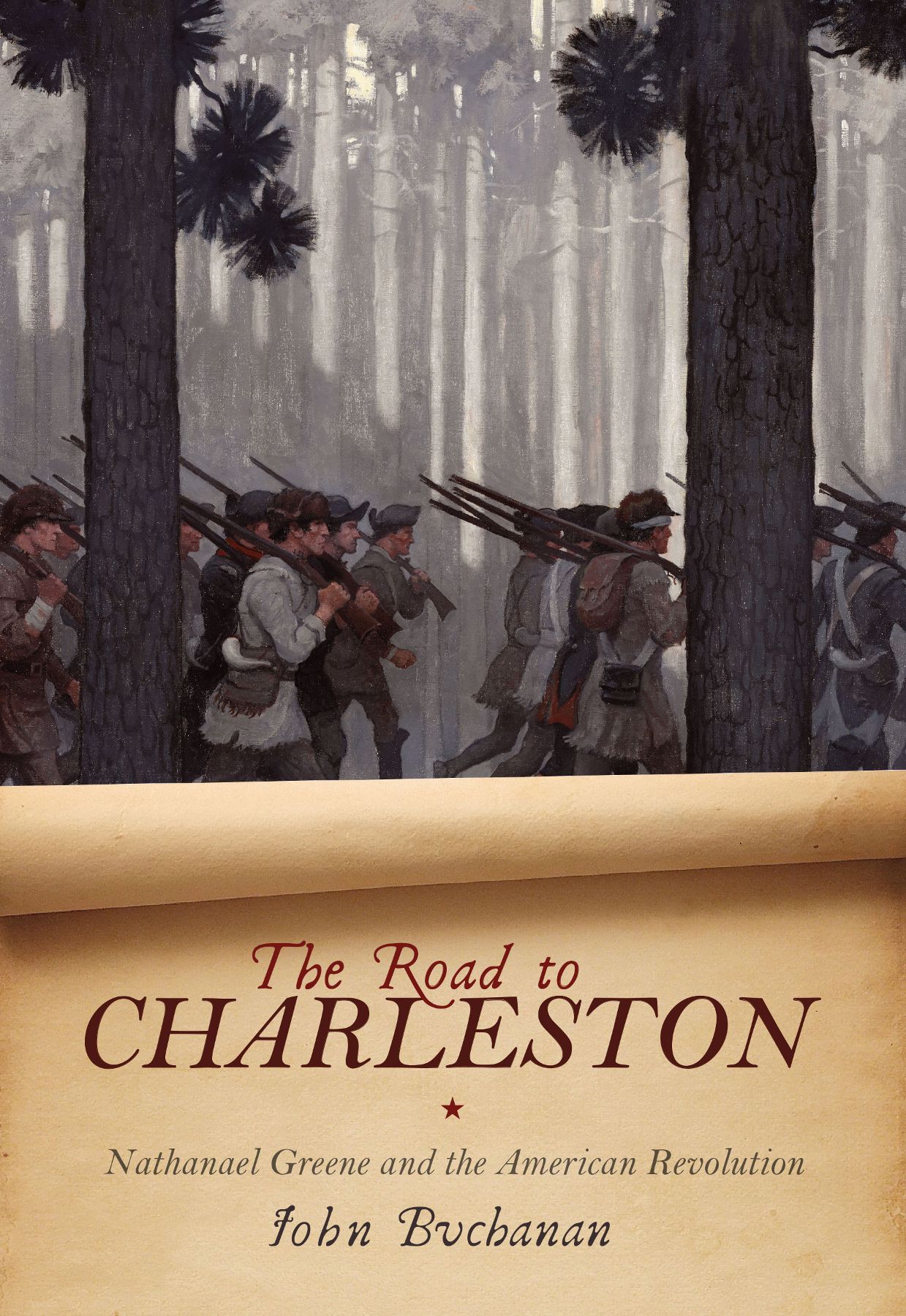
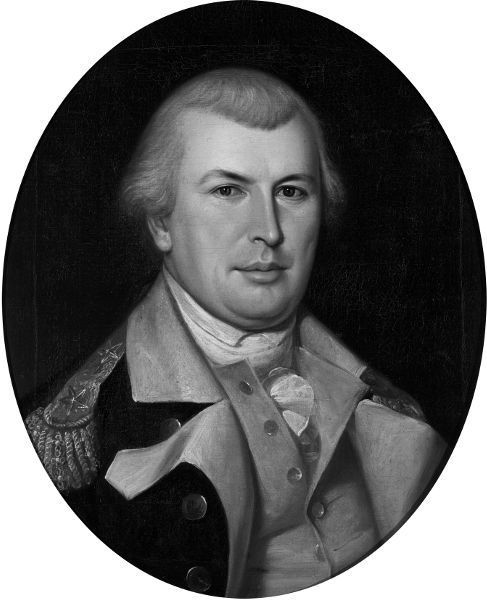
John Buchanan
University of Virginia Press
Charlottesville and London
University of Virginia Press
2019 by the Rector and Visitors of the University of Virginia
All rights reserved
Printed in the United States of America on acid-free paper
First published 2019
1 3 5 7 9 8 6 4 2
Library of Congress Cataloging-in-Publication Data
Names: Buchanan, John, 1931 author.
Title: The road to Charleston : Nathanael Greene and the American Revolution / John Buchanan.
Description: Charlottesville : University of Virginia Press, [2019] | Includes bibliographical references and index.
Identifiers: LCCN 2018046409 | ISBN 9780813942247 (cloth : alk. paper) | ISBN 9780813942254 (ebook)
Subjects: LCSH : Southern StatesHistoryRevolution, 17751783Campaigns. | South CarolinaHistoryRevolution, 17751783Campaigns. | Greene, Nathanael, 17421786.
Classification: LCC E 236 . B 83 2019 | DDC 973.3/457dc23
LC record available at https://lccn.loc.gov/2018046409
Cover art: Illustration for Drums (detail), Newell Convers Wyeth, American (18821945), ca. 1928; oil on canvas, 26 40 inches. (The Nelson-Atkins Museum of Art, Kansas City, Missouri; gift of Sarah and Landon Rowland, 2006.6; photo courtesy Nelson-Atkins Media Services/Jamison Miller)
Frontispiece: Nathanael Greene, 17421786; oil painting by Charles Willson Peale. (Courtesy of Independence National Historical Park Collection)
Maps by Nat Case, INCase, LLC.
Susi Erhardt Buchanan, 19282012
Some individuals may recollect all the little events of which the great result is the battle won or lost; but no individual can recollect the order in which, or the exact moment at which they occurred, which makes all the difference as to their value or importance.
The Duke of Wellington
Did it ever occur to you, sir, what an opportunity a Battlefield affords a liar.
Thomas Stonewall Jackson
Give me six eyewitnesses and Ill give you six different stories.
Detective Sergeant Joe Volpato, NYPD
I am immensely grateful to the late Professor John D. W. Guice, Ben Rubin, Christine Swager, and Bob Swager for willingly accepting the daunting task of reading the entire manuscript. Their sage comments made this a better book. Mistakes, omissions, and assertions are my responsibility, not theirs.
Two peer reviewers also waded through the manuscript, and then graciously waived anonymity. Mark Lender changed my thinking on a significant subject, and also offered other suggestions that made eminent sense and were gratefully accepted. (James Kirby Martin advised me on the significant subject raised by Professor Lender and kindly sent me articles that were most helpful.) In his peer review, Lawrence Babits also added much to the improvement of the manuscript with suggestions I accepted with many thanks. These noted scholars bear no responsibility for my conclusions.
Portions of the manuscript were read by Charles Baxley, Greg Brooking, Dennis Conrad, Bert Dunkerly, Frances H. Kennedy, Steven Rauch, and Dr. Steven D. Smith. Although they bear no responsibility for what I have written, their comments and suggestions not only helped but also increased my knowledge of the Southern Campaign.
Steven Rauch also twice shared with me his deep knowledge of the British 1779 Georgia campaign. The tour he led of such sites as Augusta, Kettle Creek, and Briar Creek was invaluable in getting a feel for the terrain where actions took place.
I have always believed that military history demands field as well as archival and library research, and in this regard I would have been lost without my good friends and fellow independent historians Charles Baxley and David Reuwer, who took time out of their busy schedules to take me on grand tours: Hobkirks Hill, Quinby Plantation, Goshen Point on the Stono River, and the field of Eutaw Springs. I find it difficult to adequately express my gratitude for their time as well as their generosity in sharing their wide knowledge. Charles Baxley also drove me through the countryside where Greene withdrew after his defeat at Hobkirks Hill, which gave me a sense of this difficult terrain that I can only hope I transferred accurately and with feeling to the printed page. I must also thank Charles and his lovely wife, Judy, for their hospitality, and for introducing me to Skye, their precious granddaughter.
I am also indebted to C. Leon Harris for sharing with me his findings on the British Legions behavior during the action at the Waxhaws on 29 May 1780.
At Ninety Six, Ranger Sarah Cunningham and Gray Wood were liberal with their time and knowledge, and Sarah led me to valuable sources on that fascinating site.
What would I have done without the warm and generous hospitality of my dear friends Luther and Doraine Wannamaker and Chris and Bob Swager of South Carolina? On numerous occasions over the years they wined and dined and entertained me, and gave me a place to rest my weary head. The warm memories evoked are ingrained forever.
Librarians at several institutions made my quest for source material easier and were unfailingly cheerful and efficient: at the William L. Clements Library, University of Michigan; the Maryland Historical Society; the New-York Historical Society Library; the New York Public Library, especially Rare Books and Manuscripts; the Wisconsin Historical Society, and my home away from home, the venerable New York Society Library.
A warm thank-you to my friend Richard Berenson for making the print of Elizabeth Lichtenstein Johnston. Another warm thank-you to Allison Peller, who solved my endnote and font problems.
It would be churlish of me not to recognize and extend my gratitude for the efforts of those who came before me: historians and historical editors who traveled the same path, past and present. In this regard, I must pay special tribute to the late and much lamented Don Higginbotham, who found value in my previous works and encouraged me to write this volume.
I must also not ignore four scholar/teachers, sadly departed from this world, master historians all at St. Lawrence University so many years ago. Their willingness to share their knowledge helped immeasurably to develop and hone whatever skills I have in re-creating the past: Andreas Dorpalen, mentor and advisor for my senior honors thesis on the Nazi SS; Henry Reiff and his legendary course on historiography; William Mallam, whose dry sense of humor made his lectures such a pleasure; and Carl Chilson, whose passion for history was inspiring.
At the University of Virginia Press, Acquisitions Editor Dick Holway found the manuscript worthy of consideration and shepherded it smoothly through the process, ably assisted by his charming and efficient aide, Helen Marie Chandler. Assistant Managing Editor Mark Mones handled editorial production with confident professionalism and was always available to answer my questions. I am grateful to Publicity and Social Media Director Emily Grandstaff for being in touch early and often, giving the book diligent attention. I also appreciated the solid work of Jason Coleman and Emma Donovan.
All writers should have a copyeditor of Marilyn Campbells skill and sensitivity. She also saved me from bloopers. I have an intense dislike of cluttered maps, and cartographer Nat Case gave me precisely what I requested. The state maps contain only sites mentioned in the text. Steve Moore delivered a fine index.
Font size:
Interval:
Bookmark:
Similar books «The Road to Charleston: Nathanael Greene and the American Revolution»
Look at similar books to The Road to Charleston: Nathanael Greene and the American Revolution. We have selected literature similar in name and meaning in the hope of providing readers with more options to find new, interesting, not yet read works.
Discussion, reviews of the book The Road to Charleston: Nathanael Greene and the American Revolution and just readers' own opinions. Leave your comments, write what you think about the work, its meaning or the main characters. Specify what exactly you liked and what you didn't like, and why you think so.


